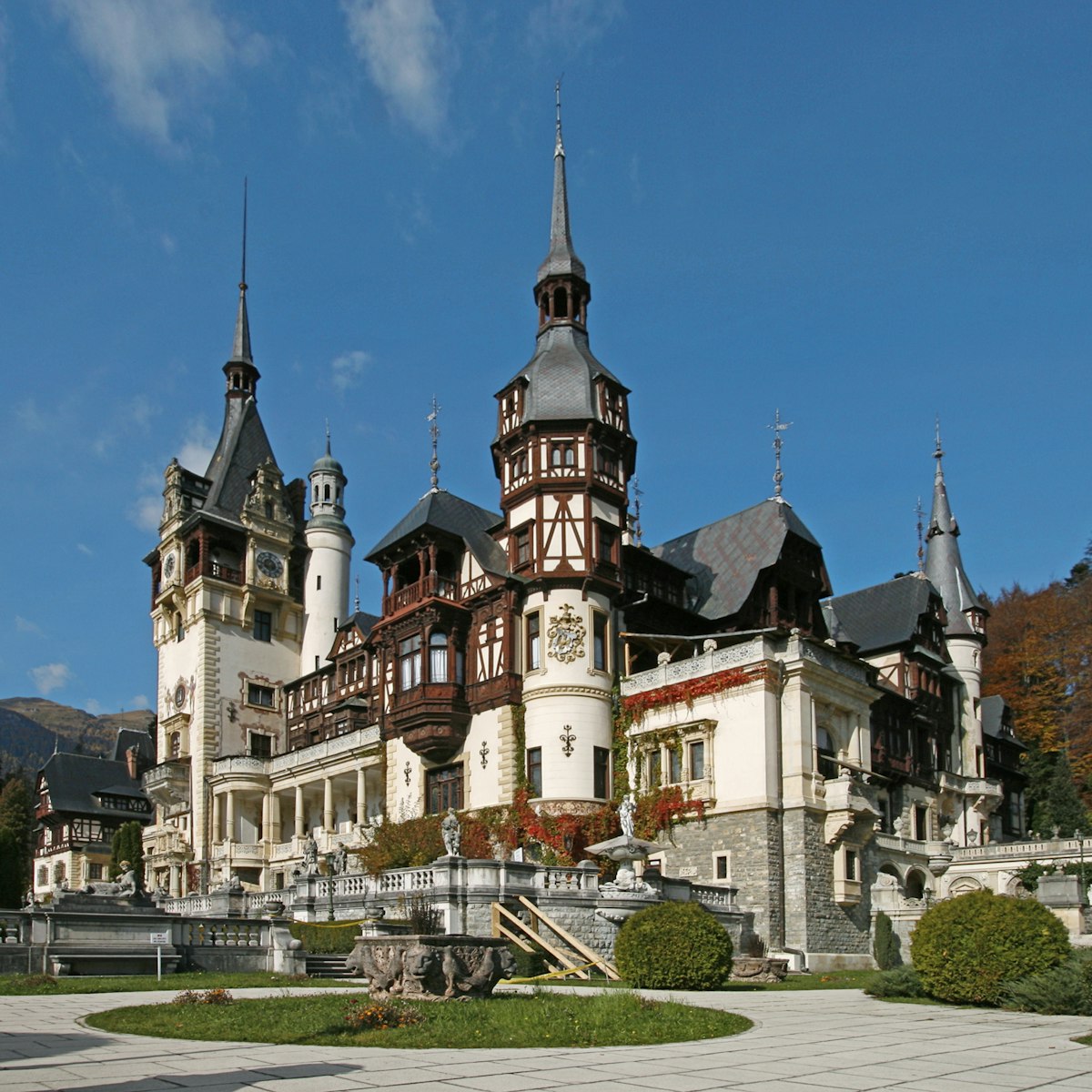The Renaissance Hirscher House, completed in 1545, was once the largest building in Braşov. It was commissioned by Apollonia Hirscher, the widow of Braşov mayor Lucas Hirscher, so that merchants could do business without getting rained on.
According to a local legend, would-be grave robbers got the fright of their lives when they tried to snip off one of Apollonia's fingers to steal her bejewelled ring, when the comatose woman awoke. The house was built as a gesture of gratitude for her life.




